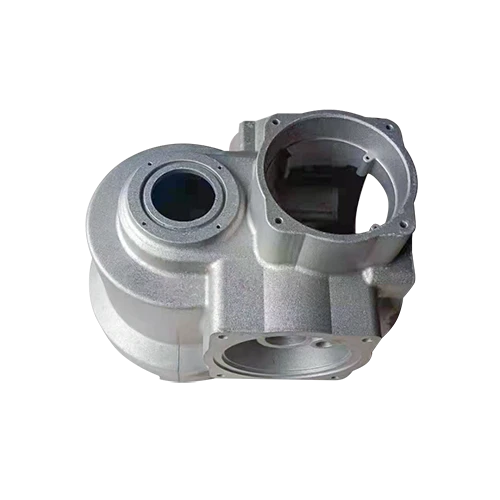Mobile:+86-311-808-126-83
Email:info@ydcastings.com
water impeller
The Importance of Water Impellers in Modern Technology
Water impellers are integral components in various hydraulic and hydraulic-driven systems, playing a crucial role in fluid dynamics and energy transfer. Their design and function have evolved significantly, making them indispensable in both industrial applications and everyday machinery.
At the core of any water impeller's operation is its ability to convert rotational energy into fluid movement. Traditionally used in pumps and turbines, impellers are designed to increase the flow and pressure of water, facilitating efficient transportation in various contexts. For instance, in the construction industry, water impellers are essential for dewatering applications, ensuring that construction sites remain safe and accessible. Similarly, in agricultural settings, they are used for irrigation systems, allowing farmers to transport water efficiently across vast fields.
The fundamental working principle of a water impeller involves the basic laws of fluid dynamics. When the impeller rotates, it creates a pressure difference that draws water into the center and propels it outward. This process enhances the flow rate of water, making it significantly more efficient than relying solely on gravity. This efficiency is beneficial not only in agriculture and construction but also in municipal water supply systems where reliable access to clean water is vital.
water impeller

The design of impellers varies widely based on their intended application. In many cases, they are designed to maximize the flow and minimize energy consumption. Modern technologies have enabled the development of more sophisticated designs, such as closed, semi-open, and open impellers, each suited to specific requirements based on the nature of the fluid, the desired flow rate, and the pressure specifications. Closed impellers, for instance, are known for their high efficiency and are commonly used in high-pressure applications. Conversely, open impellers are preferred for applications involving dirty or viscous fluids due to their ability to handle larger particles without clogging.
Environmental considerations have also played a significant role in the evolution of water impellers. With the growing emphasis on sustainable practices, manufacturers are increasingly focused on designing impellers that reduce energy consumption and minimize environmental impact. Innovations such as environmentally friendly materials and designs that enhance pump efficiency contribute to lower operational costs and reduced carbon footprints.
Moreover, the integration of advanced technologies, such as sensors and smart controls, has paved the way for the development of intelligent impeller systems. These systems can optimize performance by adjusting flow rates in real-time, ensuring that water is supplied only when necessary. This not only enhances efficiency but also contributes to water conservation, a pressing concern in many regions facing water scarcity.
In conclusion, water impellers play a vital role in a multitude of applications, from industrial processes to agricultural practices. As technology continues to advance, so too will the efficiency and environmental sustainability of water impellers. Their importance in the effective management of our water resources cannot be overstated, making them a crucial element of modern technology that contributes to both industrial productivity and environmental stewardship.
-
Understanding Metal Casting TechniquesNewsApr.02,2025
-
Understanding Exhaust Manifolds for Enhanced Engine PerformanceNewsApr.02,2025
-
The World of Metal FabricationNewsApr.02,2025
-
Key Components for Pump and Turbo EfficiencyNewsApr.02,2025
-
Essential Tools for Automotive Maintenance and RepairNewsApr.02,2025
-
Durable Valve Components for Effective Water ManagementNewsApr.02,2025











